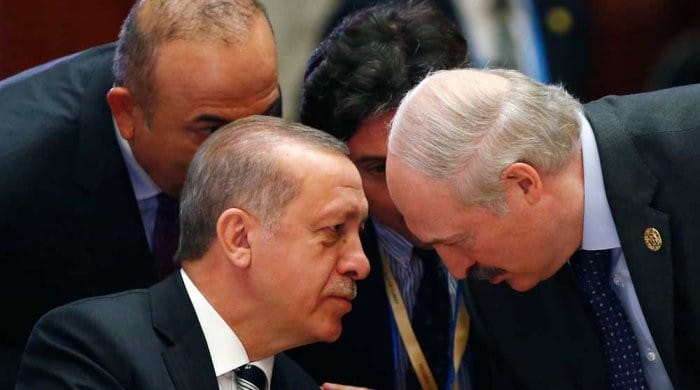A complete European Union ban on tourist visas for Russian citizens remains improbable, according to Rikard Jozwiak, Europe editor at Radio Free Europe/Radio Liberty. Writing on social media on 18 September 2025, he noted that despite discussions, too many EU member states oppose the measure, even though it could technically pass with a qualified majority.
Existing restrictions and debate on stricter measures
The debate over Russian visas has been ongoing since September 2022, when the EU suspended its visa facilitation agreement with Moscow following the launch of the full-scale invasion of Ukraine. That decision made applications more expensive and complex, raising fees from €35 to €80, demanding additional documents, and lengthening processing times. While member states can still issue visas individually, countries such as Germany have pushed for common restrictions across the Schengen area to avoid loopholes.
On 15 September 2025, Euractiv reported that the EU was considering tougher visa rules for Russian nationals, with some governments calling for an outright ban. Brussels is also exploring unified procedures that would limit the ability of Russians to travel freely across Europe, thereby reinforcing solidarity with Ukraine and ensuring consistent enforcement across all member states.
Arguments for and against a total ban
Supporters of a ban argue that Russian citizens bear collective responsibility for the war, and that leisure travel should not reward indifference or support for aggression. They highlight that relatives of Russian officials often vacation in Europe, undermining the appearance of accountability. Others warn that Russian tourists sometimes promote Kremlin narratives abroad, raising risks of disinformation, provocations against Ukrainian refugees, and even espionage disguised as tourism.
Skeptics of a blanket measure point to the economic weight of tourism in countries like Italy, Spain and Greece, where Russian visitors have traditionally spent significant sums. France and Hungary also resist tougher restrictions, citing diplomatic priorities or political alignment. Figures from Russian civil society, including Yulia Navalnaya, widow of late opposition leader Alexei Navalny, have urged the EU not to weaponize visas, warning of unintended consequences.
Security and political implications
Beyond tourism, the visa debate reflects deeper concerns about national security and EU unity. Proposals to curb Russian diplomats’ travel within the Schengen zone have previously failed due to lack of consensus, though advocates argue that limiting mobility reduces opportunities for espionage and hybrid threats. A common EU line on Russian visas, officials say, would demonstrate both solidarity with Ukraine and resilience against Moscow’s attempts to exploit divisions among member states.











